
by Suzanna E. Henshon, Ph.D.
Have you ever received a rejection letter? At some point, every writer has her work rejected. Madeleine L’Engle, JK Rowling, and Beatrix Potter suffered countless rejections before hitting the literary jackpot. Dealing with rejection is never easy, and it can feel very personal. But it isn’t the end of the world, and what really matters is how you progress toward becoming a better writer.
So, you just received a rejection letter in the mail. Maybe someone wrote a bad review of your latest novel. Or you were turned down by a literary agency. There may be nothing worse than slaving away at a novel for years, only to receive a three-star rating by a casual reader who writes, “It was okay” as their review on Amazon. But it happens all the time to writers.
I used to feel badly about receiving rejections until I saw Phyllis Reynolds Naylor present on receiving 10,000 plus rejections at a conference. It’s unbelievable to think that a woman this talented could be turned down so many times before receiving the Newbery Medal. What were these editors thinking? Naylor realized it was part of her learning and growth as a writer. And she learned so well that she eventually wrote Shiloh, a novel which received the highest award in children’s literature. Shouldn’t we follow her example?
Dealing with rejection is never easy, but it’s important to put it in perspective. It doesn’t mean your idea was bad or unsellable; it only means that one person didn’t gravitate toward your story. Realistically, it may mean your story isn’t quite ready to go. You may think it is wonderful, but there are flaws that will only be visible to you with time.
So, what is the best way to deal with a rejection?
First of all, be professional. In many industries, people’s work is rejected. It doesn’t mean you won’t work with this person in the future, or that they won’t someday publish your book. It just means that they aren’t interested in working with you now. It may be painful, but you have to try to let it go and move on. Don’t write back and argue with the editor or agent about their decision—that’s a sure way to close that door to future submissions.
Rejection can take a variety of forms these days. In the past, everything was done by mail. Authors received a written rejection, often as a form letter. Now rejection can be done by email, or not at all. Some agents and publishers are saying if you don’t hear back on your submission within a certain time, you can assume it’s been rejected.
Remember that rejection is a subjective process. A manuscript rejected by one editor could be accepted somewhere else. That’s why persistence is an essential quality for a successful author. Finding the right fit between author, editor and story can take some time.
Don’t forget that rejection is also about timing. If you are trying to get a manuscript published that is similar to what is already available, you are doomed to rejection. To get accepted, you need to write something innovative and new. Don’t query an editorial board with an idea that is too close to what they have recently published.
Accept the fact that rejection is part of the writing process. Rejection can happen at any moment in time. It can happen at the query level, at the synopsis level, or even at the full manuscript level. And though making it through the query stage only to have your full manuscript rejected is tough, it’s also an opportunity to learn.
So, what can you learn from getting rejected?
Try to determine why you are getting rejected. Once you’ve put your work aside for a while, take it out and study it carefully. Is it possible your picture books aren’t appropriate for young children? Does your contemporary young adult novel sound dated? It’s impossible for any writer to be completely objective when reading their own work, so search out a critique group you can join, or hire a freelance editor to point out your manuscript’s flaws. Work hard to fix them. Then give the submissions process another shot, or move on to self-publishing.
Remember that writing is a long apprenticeship. Many people expect immediate success, when writing is a long-term process. Most successful writers consider their first few manuscripts to have been “practice”, teaching them how to write. Eventually they gained the skills to write a publishable book. So it’s important not to expect the first thing you write to become a bestseller.
Consider that you may not get published by a traditional publisher. Only 1% of writers get published by traditional publishers. So the chances that you are going to be in this group are pretty slim, especially if your book appeals to only a small slice of the market. Self-publishing has become a viable option for many writers these days. It’s still important that your book be of high quality, but you can bypass the submissions process altogether.
Move on. The biggest mistake that beginners make is writing just one piece, sending it out, and never starting another story. Being a writer means two things: crafting your manuscript, and getting your work in front of readers. You need to be participating in both parts of the process at all times. If you use rejection as fuel to become a better writer and to find the right editor or agent for your book, then each rejection will bring you one step closer to publication.
Dr. Suzanna E. Henshon teaches full-time at Florida Gulf Coast University and is the author of several young adult and middle grade books, and two collections of writing exercises. Her newest book, Andy Lightfoot and the Time Warp, is available for the Kindle on Amazon.
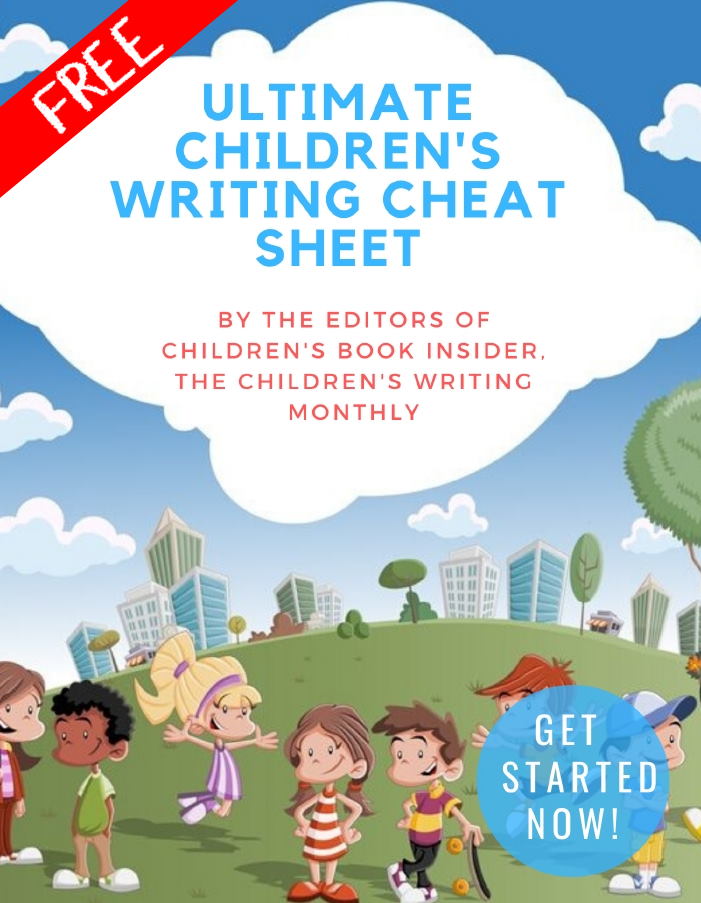
✏ Word Counts & Age Groups for Every Kidlit Category
✏ FAQs, Glossaries and Reading Lists
✏ Category-specific Tips, from Picture Books Through Young Adult Novels
✏ 5 Easy Ways to Improve Your Manuscript
✏ Writing For Magazines …and more!
This is a gift from the editors of Children’s Book Insider, and there’s no cost or obligation of any kind.
We will never spam you or share your personal information with anyone. Promise!
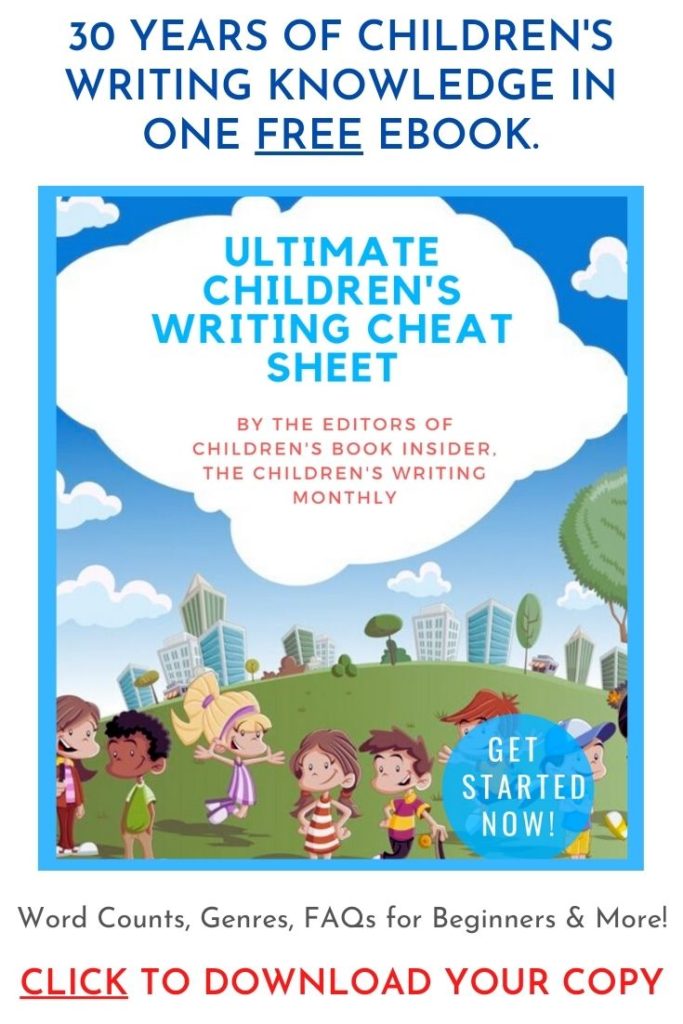
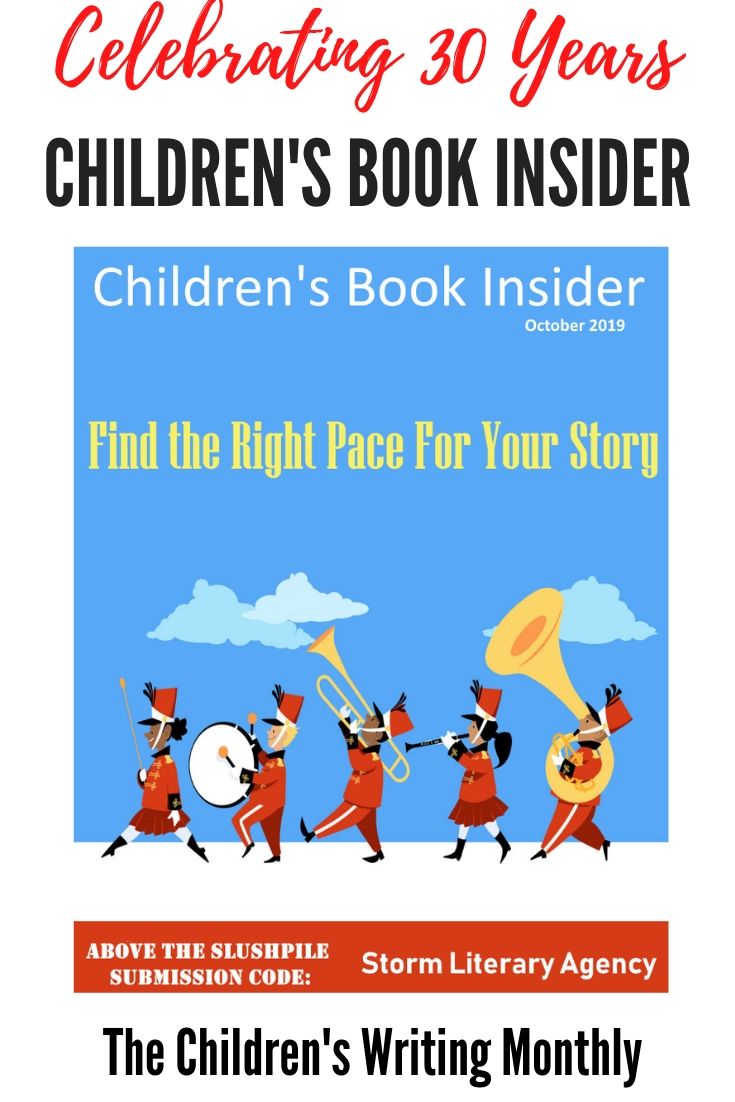
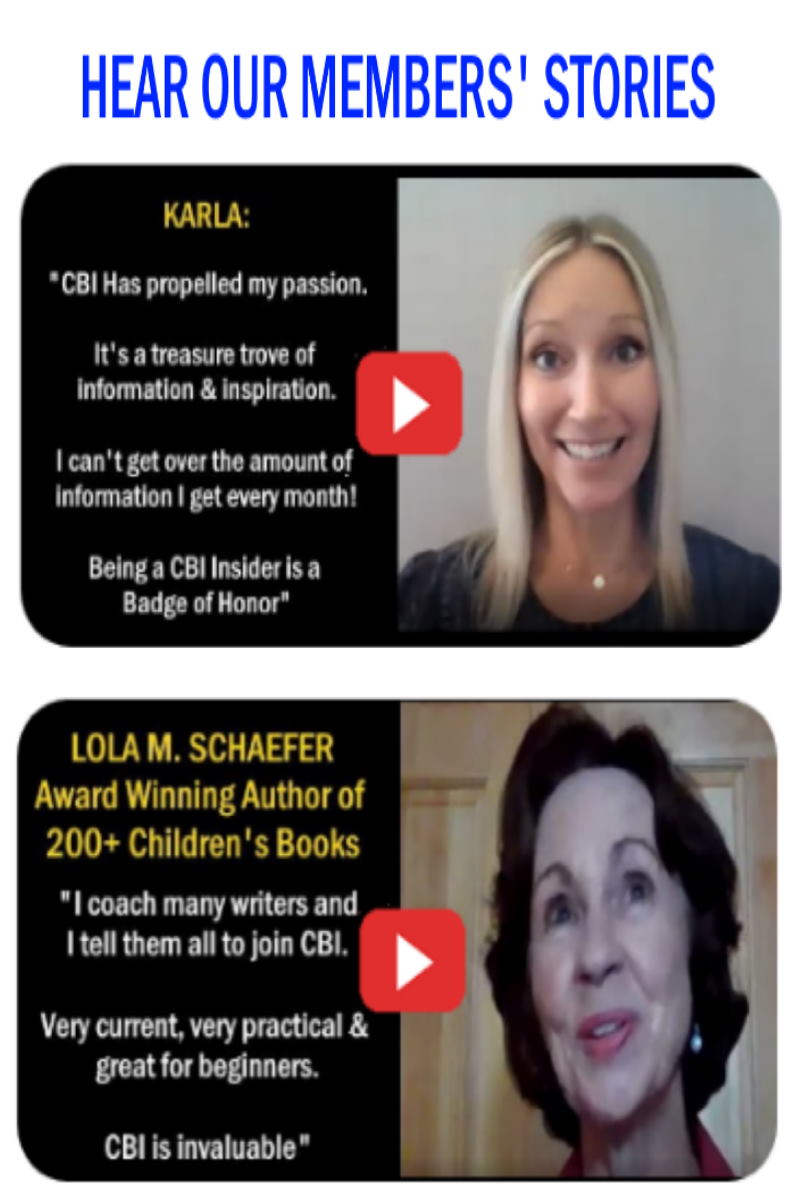
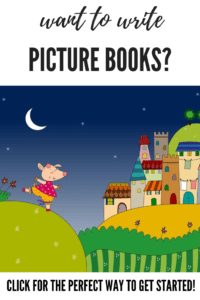


“A long apprenticeship,” totally on the mark. I look at my writing now and my writing from my early years, and I am now ever so grateful it wasn’t made public! Now, however, I have put my time in the chair, I’ve read widely, spent years in the midst of kids in the age range I’m writing for, and finally have also been mentored and critiqued by people whose writing I admire! But, still, this is no guarantee. Expectations can paralyze me, so I try to keep them to a minimum! Thank you for this!